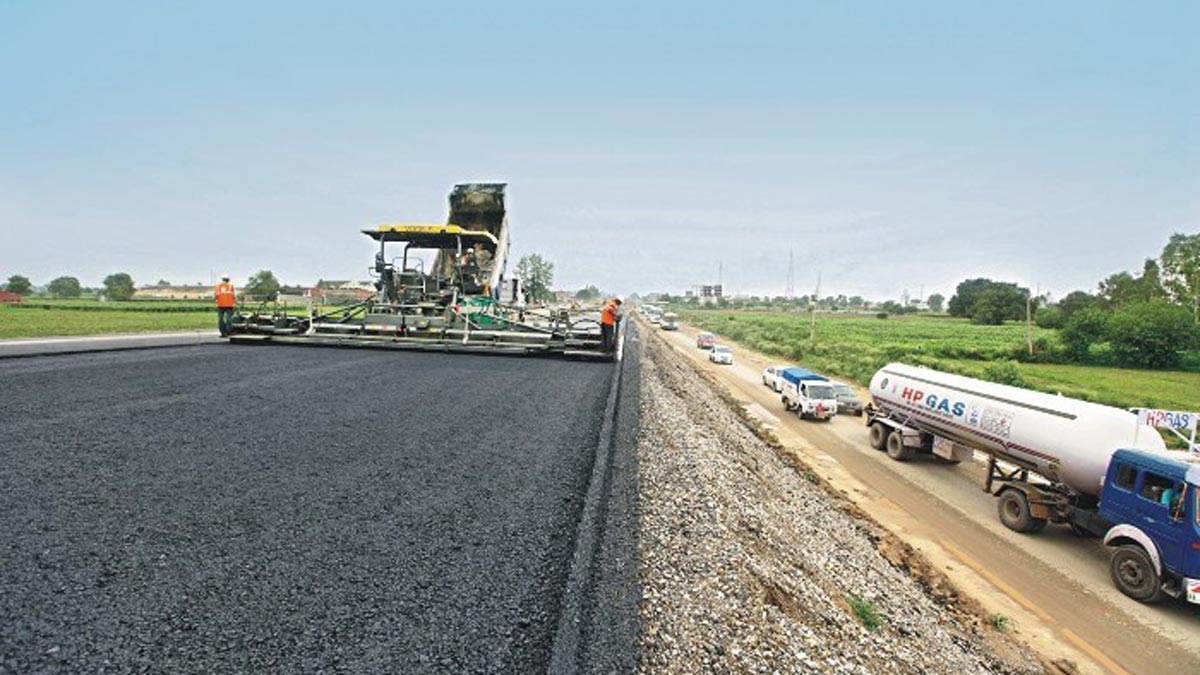- Floods: Lekki, VI May Lose Attraction, Say Experts
The recent flooding experienced in some parts of the country, especially in Lagos, has raised fears that petroleum products in filling stations’ storage facilities located in the affected areas may have been contaminated.
Real estate experts, including land and estate surveyors and valuers, as well as town planners have said the massive flooding in Lekki, Ajah, Ikoyi and Victoria Island, will lead to a reduction in the appetite of prospective tenants and property buyers.
A top official in one of the fuel marketing companies in Lagos told our correspondent that the fuel in the underground tanks in some of the stations in the affected areas would have been contaminated with water, and this could damage car engines.
“Some stations may not want to go through the process of draining the water. Lekki, Ikoyi and Victoria Island, among others, are prime areas and that is why we have many standard stations along that line. There are stations that sell one truck a day,” the source said.
The Vice President and Head of Energy Research, Ecobank, Mr. Dolapo Oni, noted that most filling stations were using underground tanks to store petroleum products, saying, “The basic worry is how much of the tanks have been affected.
“How much petrol could have been adulterated or contaminated with water? What have stations done to reduce the risk of contamination by water?”
The Executive Secretary, Major Oil Marketers Association of Nigeria, Mr. Obafemi Olawore, said, “We have our environment, health, safety and quality departments that will look at everything. For major marketers, before we send one litre out, we have made sure that the product meets every standard.
“If any marketer goes to his station after the flood would have receded, he will check everything; no marketer would sell fuel adulterated with water.”
The Vice President, Africa Chapter, International Real Estate Federation, Chief Kola Akomolede, said many people would be discouraged from buying or building properties in flood-prone areas of Lekki, Ikoyi, Victoria Island and others.
He, however, said the floods would have a significant effect on a country with acute shortage of accommodation.
“If it were in a country where there are several other choices, people will move en masse from Lekki and Victoria Island axis. We are not likely to see that kind of movement because there are no alternatives,” Akomolede stated.
According to him, some properties may remain unlet or unsold for some time, because of the flooding issue, adding, “That is supposed to bring down prices or rent.”
The Principal Partner, Ubosi Eleh & Co, an estate surveying and valuation firm, Mr. Chudi Ubosi, said with the flooding, people would worry a lot about buying properties in Lekki and would be a lot more circumspect and careful about what they buy.
“Developers will also be a lot more cautious about development, creating adequate channels as much as they can for water to run off,” he added.
A former President, Association of Town Planning Consultants of Nigeria, Mr. Moses Ogunleye, said the principal cause of the floods in Lagos was non-adherence to the physical development plans that had been prepared for various parts of the state.
He said, “For instance, there is what we call Lekki Infrastructure Master Plan; I am not sure a substantial percentage of that plan was implemented. We have a master plan that the government itself funded and it did not fully implement. The master plan says there should be new roads and drainages, and that canals should be constructed, among others.
“If we had these kinds of rains, that I don’t think were major, and we are having floods, then it means more problems will come.”
Ogunleye added that all the drains in the Lekki corridor should be properly re-emptied, as part of the short-term measures to stem flooding in the area.
“In the medium to long term, let there be a functional drainage system in Lagos,” he said, adding that there would be need for the demolition of some buildings on flood paths.
A surveyor and Managing Director, Lordsfield Limited, Mr. Ropo Olajugba, said, “When you sand-fill swamps and wetlands for construction and everyone filled to his own height, where do you expect the water to go? When yards are floored with cement rather than grass, then you can’t complain of flooding.”
He stressed the need for the country to develop modern flood management skills and techniques, which he said could only be achieved with proven technology.
“All physical development must be referenced to same datum: mean sea level. Meanwhile, a holistic measurement of what is where as presently existing must urgently be made, with a technology called Lidar; this will give a bird’s eye view of the topography of every half a metre space within the region,” Olajugba stated.
He added that blockages would be identified and future single development referencing could be achieved.

 Naira4 weeks ago
Naira4 weeks ago
 Naira4 weeks ago
Naira4 weeks ago
 Travel3 weeks ago
Travel3 weeks ago
 Jobs4 weeks ago
Jobs4 weeks ago
 Naira3 weeks ago
Naira3 weeks ago
 Naira3 weeks ago
Naira3 weeks ago
 Investment4 weeks ago
Investment4 weeks ago
 Travel4 weeks ago
Travel4 weeks ago




























